
Jutta Gutberlet | Inclusive Waste Management
Participatory Waste Management and Recycling
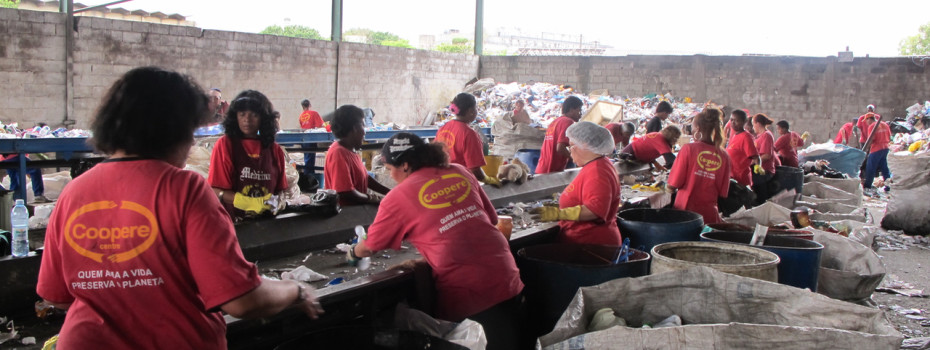

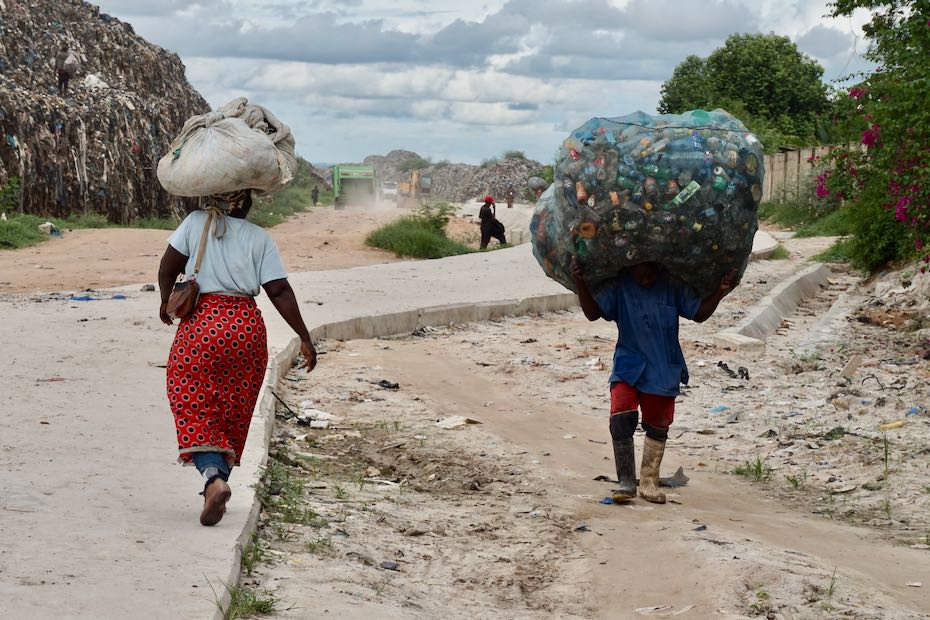
Recent Works
Recent works by Dr. Jutta Gutberlet
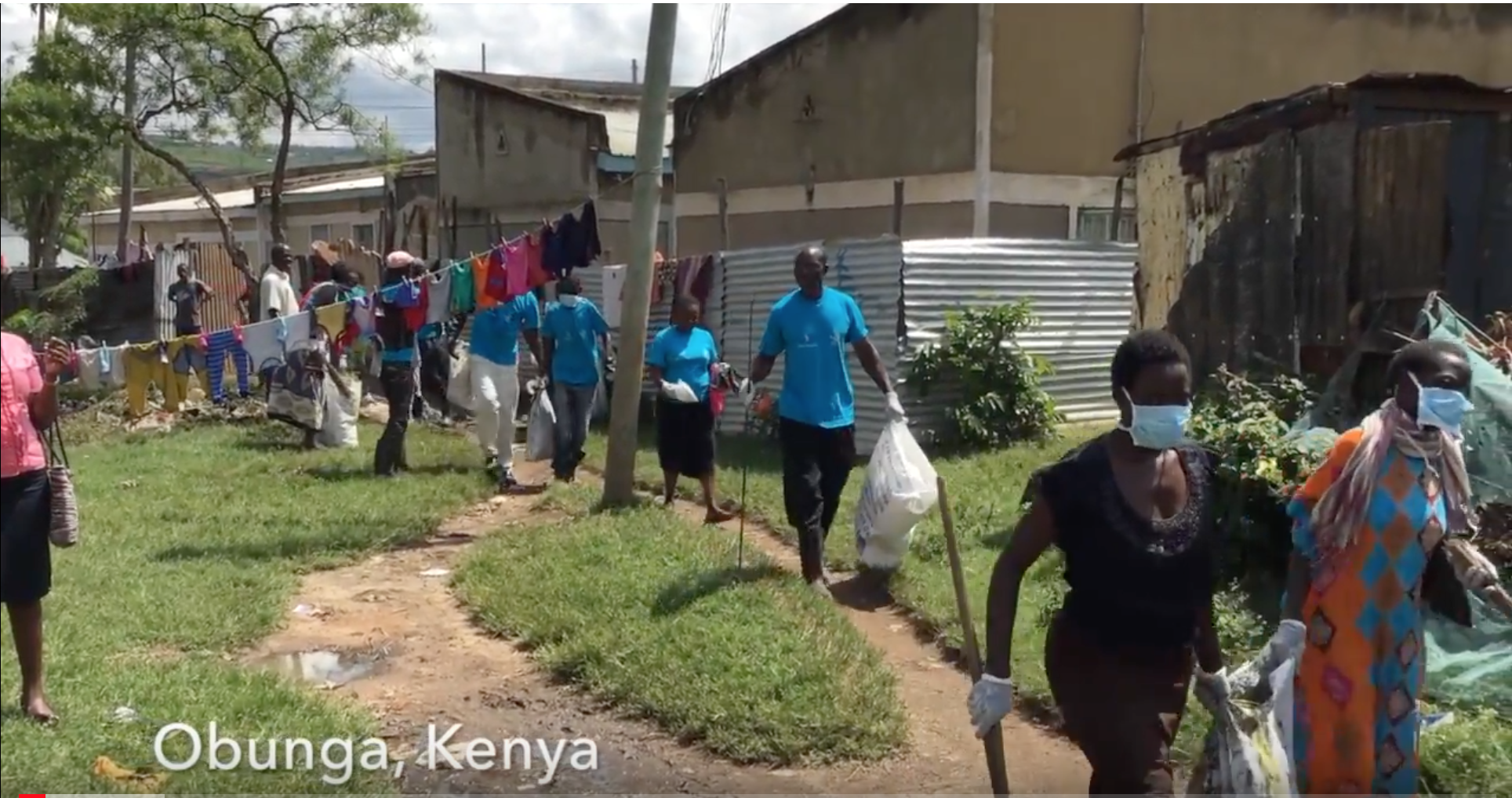
Waste in the City
Worldwide cities are rapidly expanding, creating visible environmental and social challenges. The generation of waste is one of the central concerns in urban agglomerations, particularly in the global South, where inadequacies, absences and weaknesses shape the local waste systems. Uneven geographic development has created obvious spaces of exclusion and neglect. In response waste pickers engage in selective waste collection and recycling, serving their community and the environment. This chapter discusses the organization of grassroots initiatives and examines their challenges and benefits to reducing both the adverse impacts of cities on climate and environmental change (UN sustainable development target # 11.6) as well as urban poverty (Goal # 8) (Gutberlet 2018)
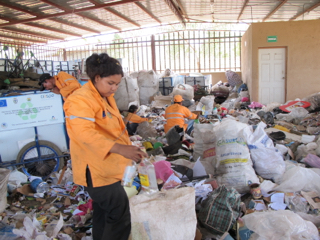
Essential Public and Environmental Health Services Provided by Informal Sector Workers
In view of the multiple benefits deriving from the work of waste pickers, it is critical to recognize the essentiality of these workers, indispensable to public and environmental health. They deserve safe working conditions and fair remuneration. They protect us from disease and the environment from contamination, and they also need extra support to stay healthy themselves, which needs to become recognized in public policy and actions in support of the socio-productive inclusion of organized waste pickers. https://doi.org/10.1016/j.oneear.2020.08.018
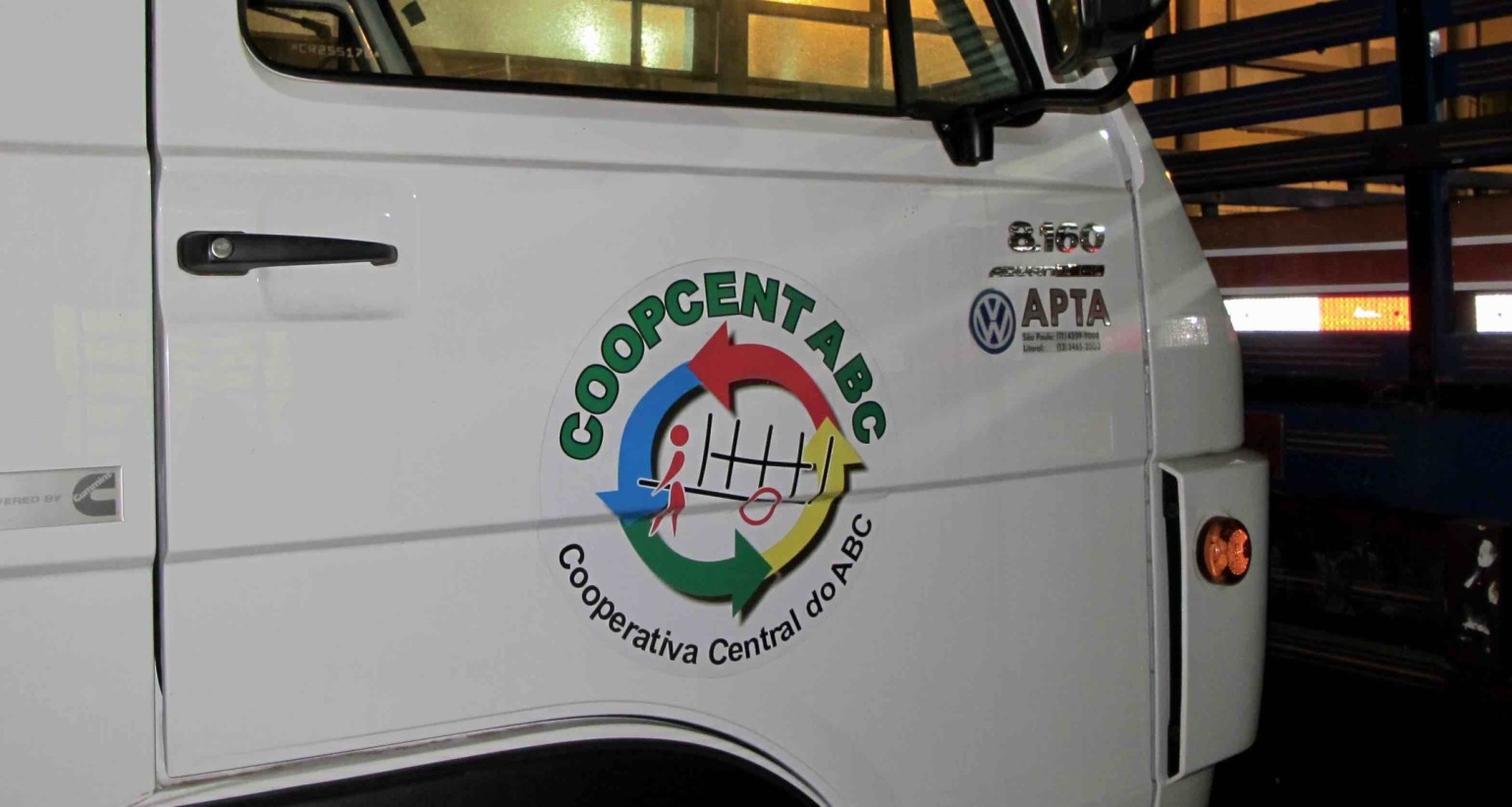
Waste pickers and the Circular Economy (CE)
The discussion on the circular economy (CE) has attracted a rising interest within global policy and business as a way of increasing the sustainability of production and consumption. Yet, the literature mostly portrays a Global North perspective. This article proposes to add a Southern lens, situated in the context of waste picker organizations, to the concept of CE. We acknowledge that grassroots movements contribute to policy making and improve urban waste management systems. The paper outlines two empirical studies (Argentina, Brazil) revealing social and political facets that need to be added to the debate about the CE. Our findings emphasize a need for a change of persisting inequalities in public policy by recognizing the importance of popular waste management praxis and knowledge, ultimately redefining the CE (Gutberlet et al.2017).
People consume too much… it is so exaggerated and unnecessary, and the worst is that people don't think about it... Everyone, everywhere in the world just puts their garbage out of their homes ... and the garbage disappears. People think that it evaporates, that it will not occupy space and that it will decompose in the environment ... (Interview with Tião at Gramacho landfill, 22.04.2008)